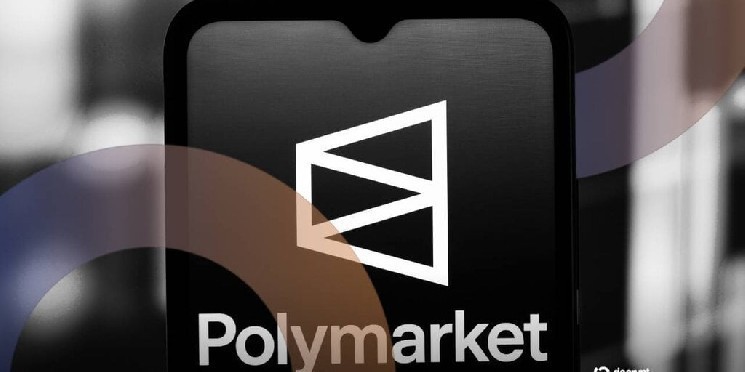About 25% of all trading volume on Polymarket, one of the world’s largest prediction platforms, may be wash trading, according to a study published by Columbia University researchers on Thursday.
The paper, which examined Polymarket’s trading history, identified suspicious patterns in 14% of its 1.26 million active wallets. Researchers said these patterns indicated the same users may be buying and selling among themselves to inflate activity and qualify for potential crypto token rewards.
“There are several institutional features that together enable and potentially provide an economic incentive for large scale wash trading. First, Polymarket does not implement Know-Your-Customer (KYC) verification, making it straightforward for a user to generate and trade via multiple wallet addresses anonymously,” the authors wrote.
“Second, as of this writing, Polymarket does not charge transaction fees, which makes wash trading more feasible than on exchanges which do. Third, the anticipation of a potential token launch—a new cryptocurrency distributed to users—incentivizes so-called airdrop farming.”
Allen Sirolly, one of the report’s authors told Decrypt that the team “don’t know (or claim to know) what motivates wash trading on Polymarket, but it is possibly related to airdrop farming.”
“Wash trading does not require large amounts of capital, since capital is recycled across multiple trades. We have no evidence that the exchange is involved in any way,” he said.
The Columbia team estimated that suspicious trades peaked at nearly 60% of weekly volume in December 2024, fell to under 5% by May 2025, then surged again to about 20% by October. In total, roughly $4.5 billion worth of trades could be classified as likely wash transactions.
Decrypt reached out multiple times to Polymarket for comment.
Polymarket has become one of the decade’s most successful crypto apps by letting users bet on political, cultural and economic outcomes. It has handled more than $18 billion in total trading volume and attracted 1.3 million users, according to Dune data. Its founder, 27-year-old Shayne Coplan, became the youngest self-made billionaire this year after a $2 billion investment from Intercontinental Exchange valued the firm at $9 billion.
Yet Polymarket’s rise has been shadowed by regulatory problems. The company has been banned or blacklisted in several countries for operating without gambling licenses, including Romania last week and France last year. It was fined by the U.S. Commodity Futures Trading Commission (CFTC) in 2022, effectively forcing it offshore. In July, Polymarket acquired a derivatives exchange along with a CFTC no-action letter, allowing limited operations in the United States.
Wash trading–when traders buy and sell the same asset to create the illusion of activity–is illegal on regulated markets because it distorts prices and volume metrics. Previous studies have found “more than 70% of the reported volume” of unregulated exchanges may be wash trading, which the authors suggested could be due to attempts to game exchange rankings.
On Polymarket, the wash trading varied widely by market. “A full 45% of all-time volume in Sports markets is classified by our algorithm as likely wash trading, compared to 17% in Election markets, 12% in politics markets, and 3% in Crypto markets. At their peaks, our estimates reached as high as 95% in Election markets during the week of March 24, 2025, and 90% in Sports markets for the week of October 21, 2024,” reported the study.
Researchers used algorithmic clustering to identify thousands of wallets trading almost exclusively with one another, some conducting tens of thousands of back-and-forth transactions at minimal profit or loss. “The ability to detect wash trading is important for the long-term health and growth of the market,” they said.
The authors warned that wash trading undermines confidence in prediction markets, which rely on honest volume as a signal of collective intelligence.
“The exchange itself could apply our methodology if they find it useful, and perhaps exclude implicated wallets from token issue or trading privileges,” added Sirolly.

